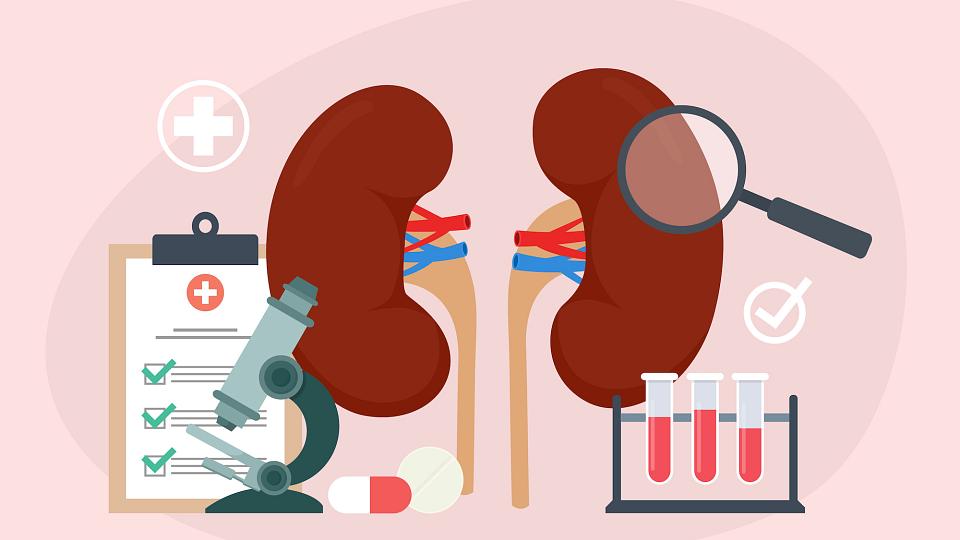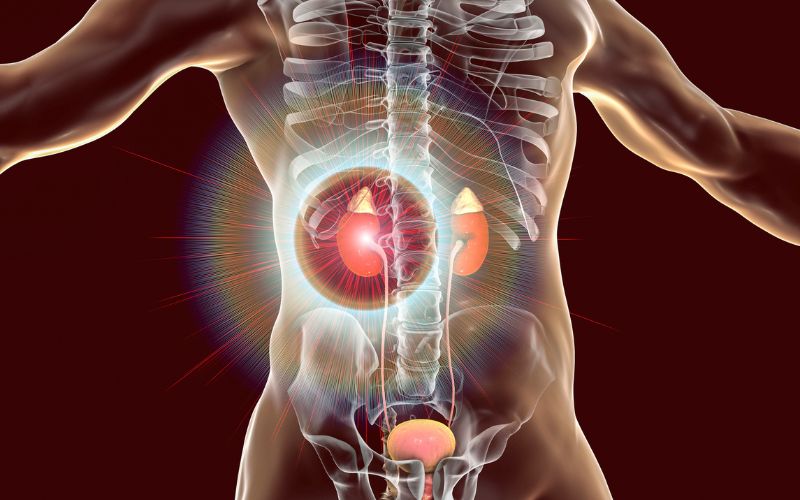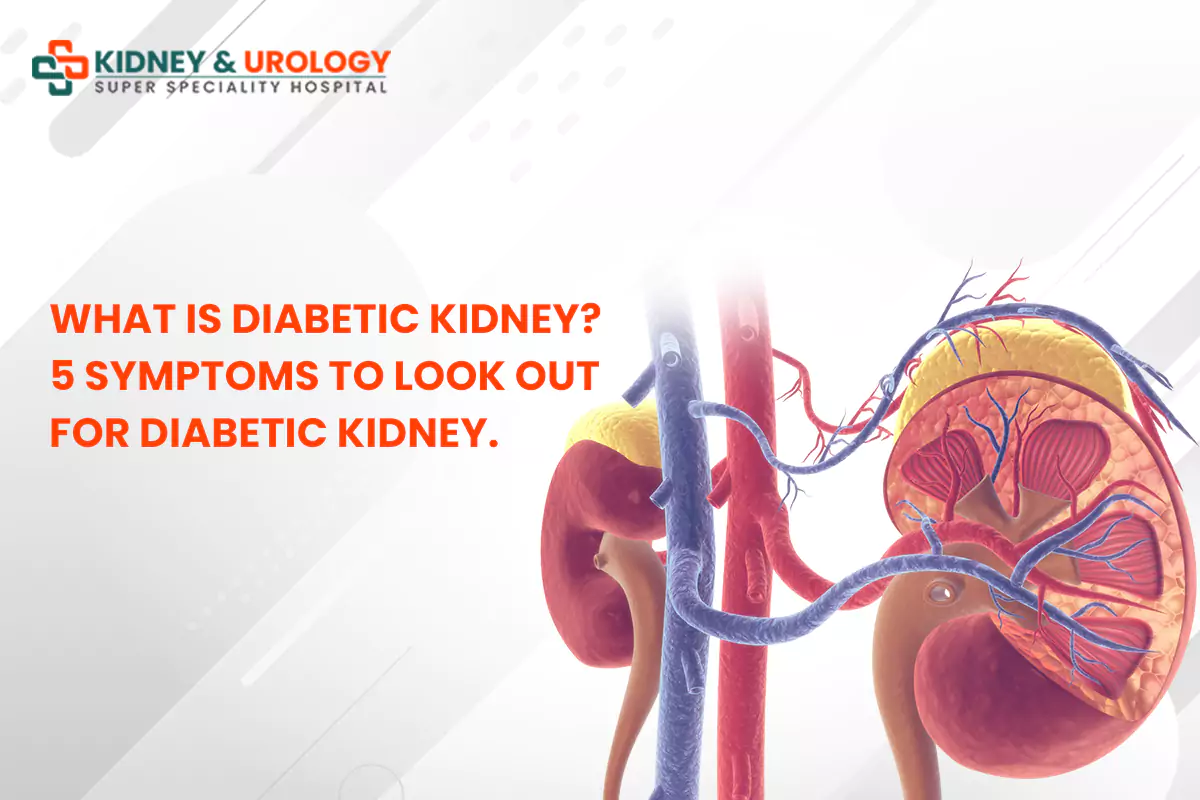How dialysis affects the lifestyle of people at a young age?
Dialysis is a medical treatment used to replace the functions of kidneys in patients with end-stage renal disease. It involves filtering and purifying blood outside of the body, with the help of a machine, to remove excess water, waste, and toxins. Dialysis is an essential and life-sustaining treatment for patients with kidney failure, but it can significantly affect their lifestyle, especially those who are young. In this blog post, we will discuss how dialysis affects the lifestyle of people in young age and ways to cope with the changes.
-
Time commitment: One of the most significant effects of dialysis on young people is the time commitment. Dialysis is a time-consuming treatment that can last up to four hours per session, and it's usually required three times a week. This means that a young person on dialysis may have to spend up to 12 hours every week receiving treatment. This can have a significant impact on their social life, work, and education. They may have to cut back on activities they enjoy or even quit their jobs or school to make time for treatment.
-
Diet and fluid restrictions: People on dialysis have to follow strict diet and fluid restrictions to avoid overloading the body with excess fluids and electrolytes. This can be challenging for young people who enjoy socializing and eating out. They may have to avoid certain foods, such as high-sodium or high-potassium foods, and limit their fluid intake, which can affect their ability to enjoy meals with friends and family.
-
Physical limitations: Dialysis can also have physical limitations on young people. They may experience fatigue, muscle cramps, and weakness, making it challenging to engage in physical activities they once enjoyed. They may also have to limit their travel, as they need to be near a dialysis center for treatment.
-
Emotional impact: The emotional impact of dialysis on young people can be significant. They may feel overwhelmed and anxious about their health, and the life-changing impact of their illness. They may also experience feelings of isolation and loneliness, as they may not be able to participate in activities with their peers. The lifestyle changes associated with dialysis can also lead to depression, which can further affect their quality of life.
How to cope with lifestyle changes associated with dialysis
While the lifestyle changes associated with dialysis can be challenging, there are ways for young people to cope and maintain a fulfilling life:
-
Talk to your Kidney Doctors: Your Nephrologists and Urologists can provide support and guidance on managing the changes that come with dialysis. They can also connect patients with support groups or mental health professionals..
-
Find a new hobby: Finding a new hobby can help young people stay active and engaged in activities they enjoy. This can also help them meet new people and connect with others who share their interests..
-
Stay active: While physical limitations can make it challenging to engage in physical activities, it's important to stay active. Low-impact exercises such as walking or swimming can help maintain physical and emotional well-being.
-
Connect with others: Connecting with others who are going through similar experiences can be helpful in managing the emotional impact of dialysis. Support groups or online communities can provide a sense of belonging and understanding.
-
Talk to loved ones: Communication is key in maintaining relationships with loved ones. Young people on dialysis should talk to their family and friends about the changes they are going through, and how they can still be a part of their lives.
Conclusion
Dialysis is a life-sustaining treatment that can significantly affect the lifestyle of young people. Time commitment, diet and fluid restrictions, physical limitations, and emotional impact are some of the effects of dialysis. However, with the support of their healthcare team and loved ones, young people can cope with these changes and maintain a fulfilling life.














Request A Callback